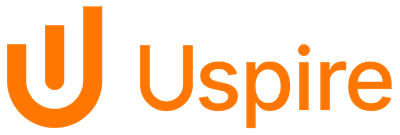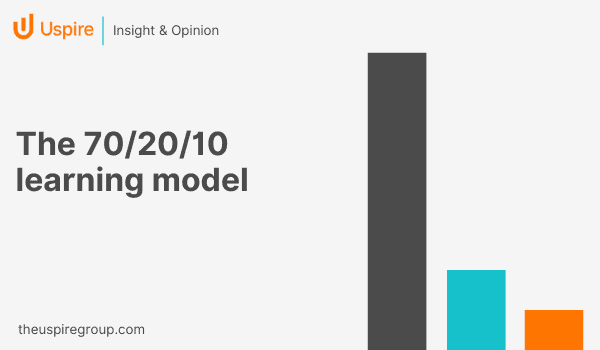The 70/20/10 learning model, developed by the Centre For Creative Leadership, aims to help employees embed improved behaviours into their daily work routine faster by using a blend of three types of learning.
70% of learning happens on the job – by trying the new skills, observing what works and what doesn’t, adjusting their approach until eventually their skills improve along with their results.
20% comes from interacting with colleagues and others outside of their immediate work environment – watching how others do it, copying their approaches and discussing what works and input from their manager.
10% is the result of formal training and reading.
This learning principle is now adopted around the globe by many different organizations in the widest variety of industries with the widest range of success.
When the approach doesn’t work, the main reasons are:
- Senior managers lack the commitment and/or capability to create the right environment for on-the-job learning, and
- Line managers are not ready to contribute to social learning.
As a result, 90% of learning potential learning is lost.
A report published by TowardsMaturity, “In focus:70/20/10”, states that organizations that support learning by merging formal training with learning during the day to day workflow are more likely to report business benefits than those who are not. They are:
- 4x more likely to respond fast to business changes (30% vs 7%)
- 3x more likely to report in staff motivation and retention (27% vs 8%)
- 2x more likely to report improvements in Customer Satisfaction (42% vs 18%)
This is achieved by giving detailed attention to each 70/20/10 learning element.
10% Formal Training
Programs are made available based upon an in depth understanding of the needs.
Plans are made to transpose and stimulate further learning after the training event. Some examples are follow up webinars, online learning portals, Mlearning, the direct manager’s involvement during the development stage, pre- and post the training event.
20% Learn From Others
The 20% and 70% learning elements are not sequential but are dynamically interwoven with each other. The 20% part of the extended learning process involves receiving – or asking - for feedback from colleagues, drawing on their personal network and/or subject matter platform(s). A critical element is that the direct manager is responsible for the learning and implementation of the required skills. By being involved in the design, establishing personal learning objectives and is actively involved in embedding the skills in the day to day workflow.
70% Learning By Doing (Experimental Learning)
Experiential learning can be described as informal, on-the-job learning. Employees are learning and practising while doing the job. Self-reflection and the motivation to succeed are important and the initiative to seek answers by looking for available support online or face to face as described in the 10/20 elements.
Will 70/20/10 learning model work for your organization? YES IT CAN IF……….
…… 70/20/10 model is NOT seen as a cost cutting exercise but is seen as an approach to maximise the transfer of learnings into desired behaviours which in turn leads to proven positive impacts on the business results.
…..awareness is raised and commitment exists throughout the organization from Top Management down to employees who need to appreciate the context for new decisions
…… it is NOT a “paper tiger”, a few words on a PowerPoint slide without any serious organisational L&D adjustments.
……there is an understanding of the implementation implications and the availability of resources and capability to manage these implications.
The starting point and timing can be different by organization - it depends on the current situation. Although counter intuitive for L&D employees it is strongly advised to commence in the 70% area because that is where the L&D solutions are integrated in the workflow and therefore have the greatest opportunity for fast and efficient results.
If you like to know more about how to get the full benefits from this learning model in your organisation please contact Wim Junge or Uspire
Wim Junge +66 (0) 898944536
Email: wim@jungeinternational.com

